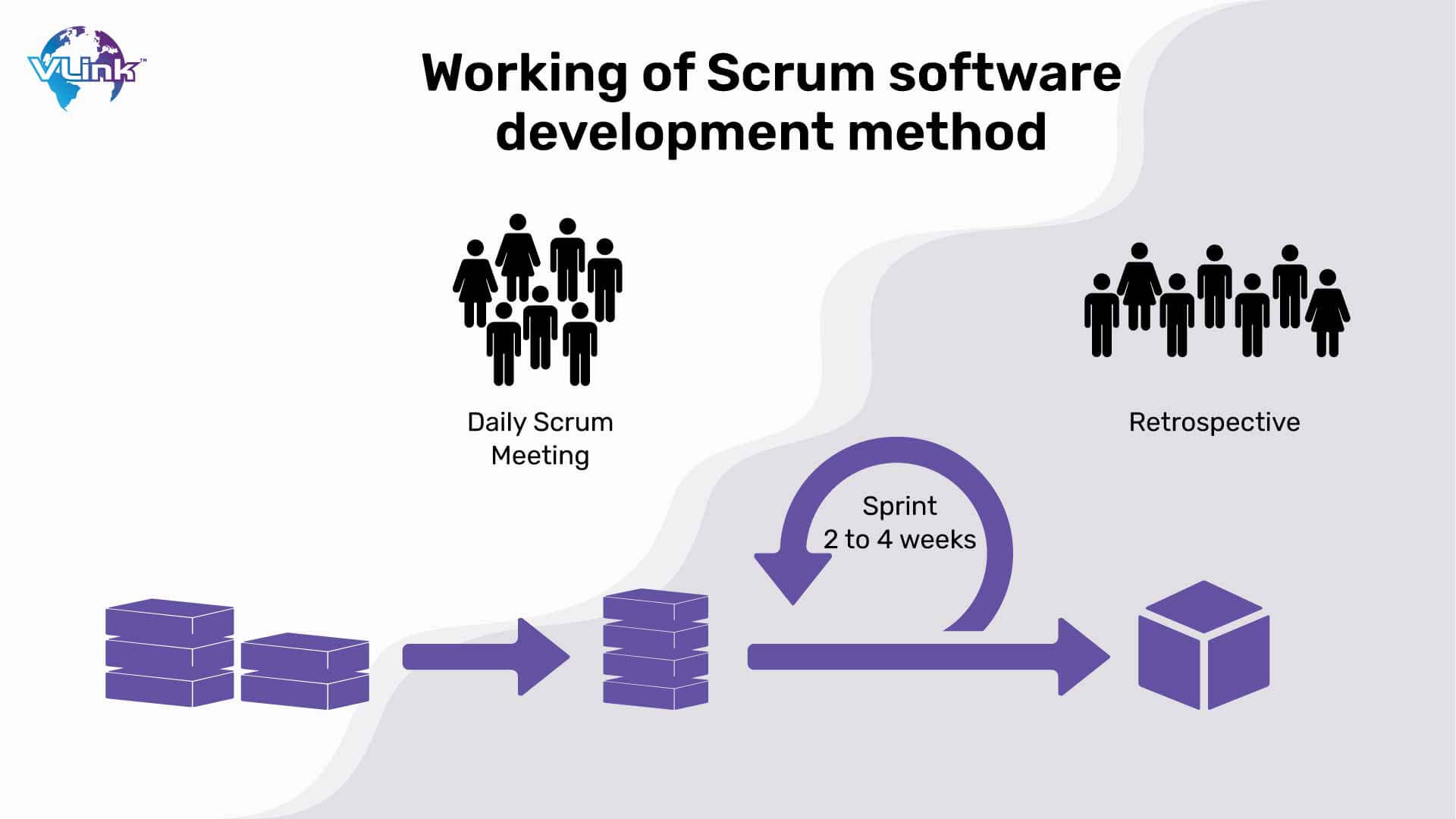News Blast
Stay updated with the latest happenings around the world.
Debugging Your Way to Enlightenment
Unlock the secrets of debugging and transform your challenges into wisdom—join the journey to enlightenment today!
Understanding the Debugging Process: A Step-by-Step Guide
Understanding the Debugging Process is crucial for software developers, as it enables them to identify and resolve issues within their code efficiently. The debugging process typically begins with carefully reproducing the error, which involves running the code under conditions that trigger the issue. Once the problem is observed, developers can utilize various debugging tools to analyze the code's execution, examining variables and control flow to pinpoint the exact source of the bug. Some common techniques include:
- Using print statements to log variable values.
- Employing interactive debuggers to step through code line by line.
- Implementing unit tests to isolate and test problematic code sections.
Once the source of the issue is identified, the next step in the debugging process is to formulate a solution. This often requires a combination of problem-solving skills and creativity. After applying the fix, it's essential to conduct thorough testing to ensure the bug is resolved and that no new issues have been introduced. Finally, documenting the debugging steps taken can be invaluable for future reference, as it helps maintain clarity on what was done and why. By following these steps, developers can streamline their debugging efforts and enhance overall code quality.

Common Debugging Pitfalls and How to Avoid Them
Debugging is a crucial part of the software development process, but many developers fall into common pitfalls that can hinder progress. One major debugging pitfall is over-reliance on print statements. While print statements can be helpful, they often lead to cluttered code and can obscure the actual problem. Instead, consider using a debugger tool to step through your code, evaluate variables, and understand the flow of execution more effectively. Always remember that the shortest distance between two points is a straight line, and a systematic approach to debugging can save you significant time.
Another common mistake is ignoring the root cause of an issue. Developers tend to fix symptoms instead of addressing underlying problems, which can lead to recurring bugs. To avoid this, adopt a methodological troubleshooting approach:
- Reproduce the bug consistently.
- Analyze log files and error messages for clues.
- Break down your code into smaller components for isolated testing.
Is Debugging the Key to Becoming a Better Developer?
Debugging is often seen as a necessary skill for developers, but it is much more than that; it is a transformative process that cultivates critical thinking and problem-solving abilities. By engaging in debugging, developers are forced to step back and analyze their code, tracing issues back to their source. This practice not only helps in identifying bugs but also deepens the understanding of programming logic and the architecture of the application. As developers navigate through complex codebases, they learn to anticipate potential errors, which fundamentally sharpens their coding skills.
Moreover, debugging fosters a mindset of resilience and adaptability. Every bug solved is an opportunity to learn, making developers more effective and efficient in their craft. The iterative nature of debugging encourages a culture of continuous improvement where developers can refine their techniques and adopt best practices. In this sense, debugging is indeed the key to becoming a better developer, as it empowers them to tackle challenges creatively and enhances their overall proficiency in writing clean and robust code.